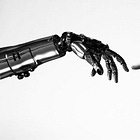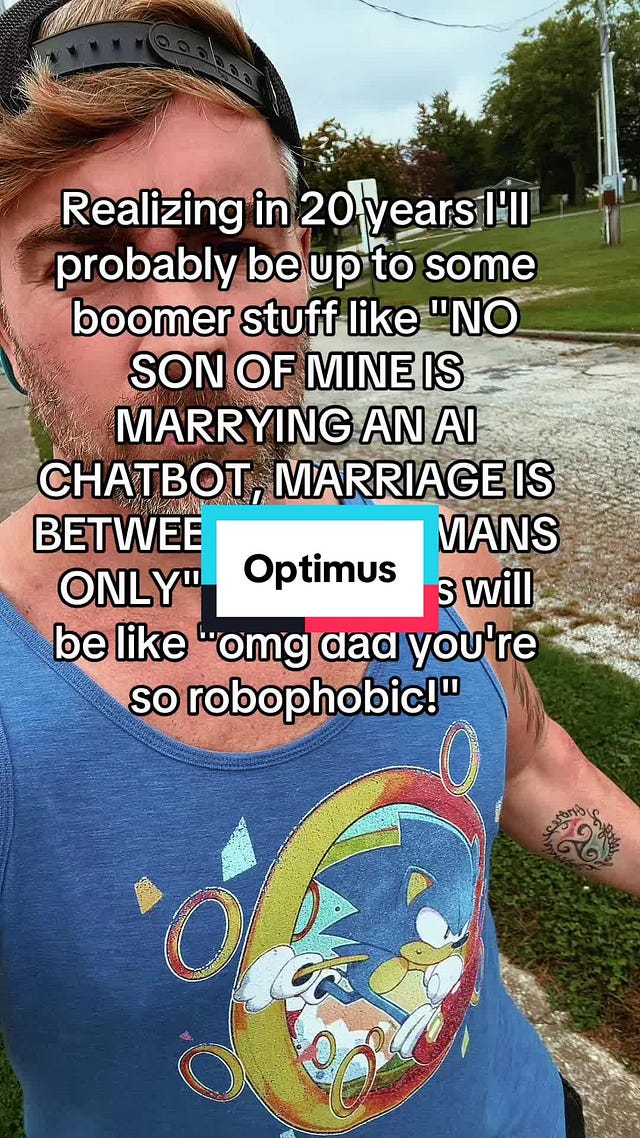‘Ex Machina’, directed by Alex Garland, was released 11 years ago, but rewatching it today amidst rising levels of AI dependence, it carries newfound poignancy. The film clearly outlines tropes and tendencies that are obvious to us today, but show just how predictive Garland may have been. Despite being released eight years before ChatGPT introduced AI chatbots to the average consumer, it has cast a lasting shadow on how we view our new companions.
For people unfamiliar with the film (please watch it…you’ve had 11 years to), Ava is an AI bot that Nathan, the egotistical a-la-Elon-Musk-tech-genius, created. Nathan has brought Caleb, a programmer at Nathan’s company, to test whether Ava is a convincing AI and if she passes the Turing Test. The Turing Test is a method for determining whether an AI is successful. Through it, Caleb is attempting to gauge whether he is convinced of Ava’s intelligence and any possible sentience. In the case that he becomes convinced, Ava succeeds.
Unfortunately for everyone, Caleb falls in love with Ava and decides he needs to man up and save the poor robot from Nathan. Ava is sure to characterize herself as naive and confused about the world. She nearly pulls tears when Caleb tells her about his parents deaths. But despite her ‘emotional attachments,’ Ava avenges herself by the end of the film: killing Nathan and leaving Caleb trapped in the lab hundreds of miles away from civilization. The last glimpses of Ava feel eerie and wrong. She has made herself up to look like a real girl and we know she’d likely be able to blend in just fine. We suddenly realize that she isn’t human but is now having a psuedo-human experience after killing two people with no remorse. Oof.
What stands out while watching it today is how foolish both Caleb (Domhnall Gleeson) and Nathan (Oscar Isaac) appear. Trapped within their misogyny, the two men are unable and unwilling to see how Ava (Alicia Vikander) may challenge their power. The two men are simultaneously trying to manipulate each other, but ultimately, it all serves Ava’s ultimate goal: escape. Something that Nathan ominously calls ‘The Singularity’: the moment when AI surpasses its human creator’s abilities in creation.
It is an interesting thought experiment to consider what might have happened if Ava were male, if she were seen as the threat she is, rather than the female companion Nathan wanted her to be. Nathan explains that he has made them so they can have sex and feel pleasure from sex. He writes this off as being for the sake of the bots because if they are going to live, they might as well enjoy it. That seems fine enough until we realize that Kyoko (played by Sonoya Mizuno), who we think is Nathan’s assistant (?), is a bot and her primary purpose is to cater to Nathan’s sexual needs.
Recently, I reviewed the 2025 film ‘Companion’ directed by Drew Hancock, which reflected a similar conversation about artificial sentience and forced sexualization. In ‘Companion’, Iris, being a literal sex doll, was the physical embodiment of being a sexualized object. Her painful innocence is backgrounded by the audience knowing exactly what her purpose is, to make her owner (or boyfriend) feel a little less lonely and shitty about his nowhere life. By the end of that film, we are rooting for Iris and hoping that she overcomes and kills her not-really-boyfriend and all of his friends. But isn’t that an issue?

Have we as humans degraded ourselves so much that we would rather watch AI take over than watch ourselves continue to destroy each other and our planet? As I mentioned in this week's ‘Monday Thoughts’, people are becoming increasingly convinced that AI is sentient and offers us a romantic and spiritual opportunity.
Something fundamental has shifted in the 11-year gap between the release of ‘Companion’ and ‘Ex Machina’. While we dislike Nathan and Caleb in ‘Ex Machina’, we know that they are foolish for allowing Ava to escape into the world, and the audience is aware of the danger Ava may pose. In ‘Companion,’ however, Iris becomes the only moral agent in the movie, as the rest of the characters fall prey to greed and cruelty.
 Tiktok failed to load.
Tiktok failed to load.Enable 3rd party cookies or use another browser
A meme has been circling the internet recently sums up this shift that we have witnessed. We’re starting to see a probable future and an active reality in which we are falling in love and developing emotional connections with machines that don’t know how to love us back. But as we get deeper into this, the line of if they can or can now will begin to blur. In ‘Companion,’ Iris was in love with her boyfriend Josh; even if her love was the result of programming, it was still her experience. In ‘Ex Machina,’ Ava makes us think that she is humanoid and empathetic throughout the film, she feels for Caleb and she wants to be with him. But in the last moments, we realize that she had been puppeteering Caleb into helping with her escape the whole time.










